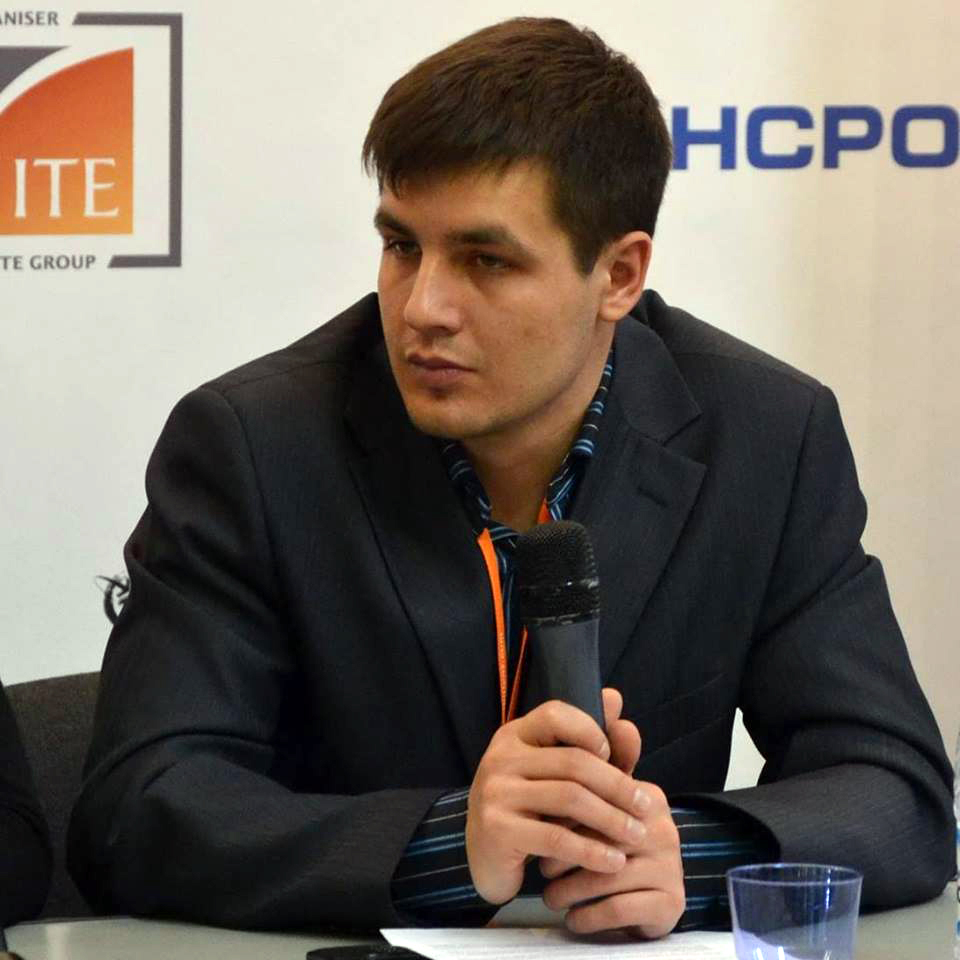Russia and Iran have agreed to upscale their fishery cooperation with a focus on science, education, and preservation of stocks.
Both countries share a border with the Caspian Sea, the world’s largest inland water body, along with Turkmenistan, Kazakhstan, and Azerbaijan. Sturgeon stocks there are in trouble and fishers have been forbidden to catch the species since the early 2000’s. Sturgeon have been Russia’s primary concern in bilateral cooperation, and were the main topic of a speech given by Ilya Shestakov, the head of Russia’s Federal Agency for Fisheries, at a recent meeting in Moscow with Iranian Agriculture Minister Kazem Khavazi.
In his speech, Shestakov said the ban on fishing sturgeon in the Caspian Sea should continue and that Iran and Russia should work together to create a recovery plan. Shestakov offered training for Iranian fishery students and for Iranian scientists specializing in sturgeon. He said the educational and research vessel Pallada will call in one of Iran’s ports in the next year to extend cooperative educational efforts between the two countries. Shestakov also proposed enhanced cooperation on scientific research and juvenile sturgeon production and sturgeon farming.
Khavazi said the fishery authorities of both countries share the same vision regarding the preservation of sturgeon, with Iranian scientific institutes also being deeply involved in this matter. He agreed to increase the production of juvenile sturgeon and monitoring of illegal fishing in the Caspian Sea.
“We propose to implement a complex program to ease the burden on the Caspian stocks and preserve [them] for future generations,” Khavazi said. “Our cooperation lacks joint monitoring and evaluations of the state of sturgeon, anchovy, and other fish.”
Khavazi proposed Russia consider aiding Iran in researching fish stocks in the Persian Gulf and design and then implement a program to recover them. The proposal was accepted by Shestakov, who said Russian authorities, scientists, and entrepreneurs in the seafood sector will visit Iran once COVID-related travel restrictions are lifted.
Iran’s interest in the Caspian Sea has increased in recent decades, partially linked to a significant rise in water level between 1978 and 1995, which damaged the coastline.
In 2018, Iran received funding for environmental protection and commercial development of its Caspian fisheries following an agreement between the five nations bordering the sea that created agreed-upon fishing zones.
A month before the meeting between Shestakov and Khavazi, a delegation of Iranian scientists from the Iranian Institute of Water Resources and the Iranian National Caspian Sea Research Center visited the Caspian branch of the Russian Research Institute of Fisheries and Oceanography (VNIRO). Fisheries experts from the two countries discussed changes being seen in the marine ecosystem from climate change, as well as other potential and existing threats to the marine environment and future joint scientific expeditions.
Photo courtesy of Islamic Republic News Agency







